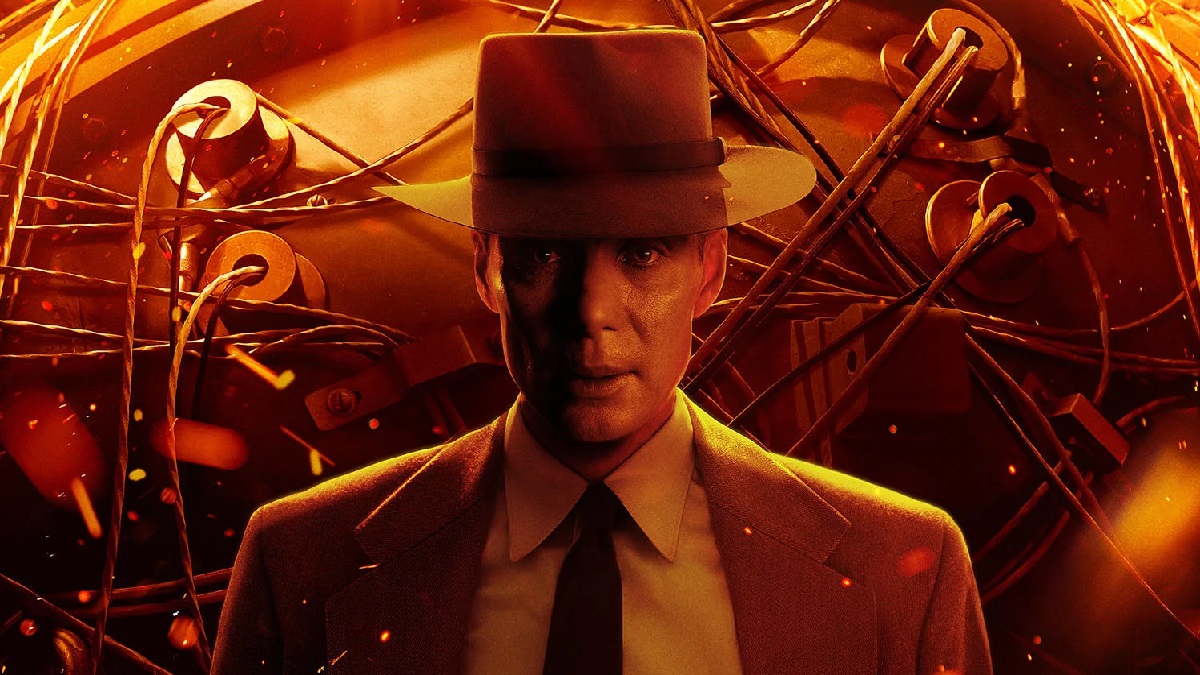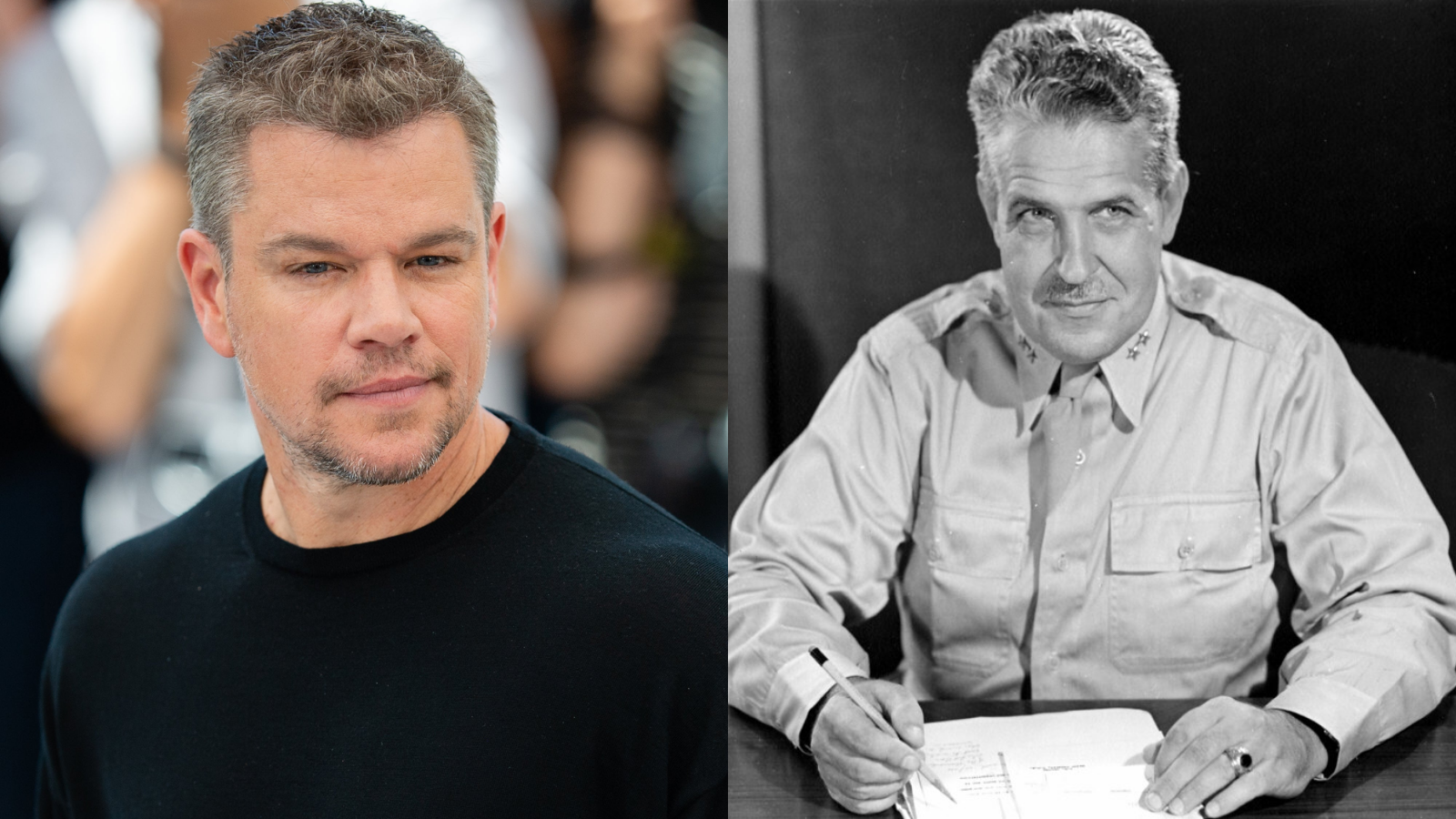Have you ever wondered what would happen if the chain reaction in a nuclear fusion just went on ad infinitum? Well, this was apparently a concern of the scientists working on the Manhattan Project, and Christopher Nolan’s new film Oppenheimer will be depicting it in earnest.
As you can even see in the trailers, there’s a scene where Cillian Murphy’s J. Robert Oppenheimer and Matt Damon’s Leslie Groves discuss the possibility of destroying the world with the Trinity Test. Oppenheimer says the chances are “near zero,” which naturally unsettles Groves.
So what is it that made these scientists pause and consider the real effects that a nuclear detonation would have on our world?
What is ‘atmospheric ignition’ and how close did Oppenheimer come to destroying the world?
To put it in simple terms, nuclear fusion will always be limited by a number of factors, the most important of which is energy loss. Variables like inefficiency and ionization at extremely high temperatures contribute to this energy loss, so for a nuclear fusion to become self-sustaining, the energy produced needs to be greater than the energy lost. In such a scenario, which is almost impossible to manifest, the chain reaction would go on and on until it consumed the entire world, and that, in turn, would be game over for humanity.
Oppenheimer and his colleagues apparently obsessed over this phenomenon, thinking that the explosion would create a thermonuclear reaction in the atmosphere (hence the film’s use of the phrase “atmospheric ignition”) and turn the nitrogen into magnesium, ionizing it and consuming the world in a bubble of explosions and irradiation.
Fortunately, the circumstances under which such a disastrous calamity could befall us are nigh impossible to create, but that didn’t stop Oppenheimer from running tests and even using numerical integration to come up with an energy curve. If you’re interested to know more about this, check out this video which explains the phenomenon in a comprehensive and simple manner:
Well, there you have it, folks. While this might not necessarily allow you to wrap your head around the usual Chis Nolan science jargon found in Oppenheimer, it will help you understand the dire stakes involved when you go to catch the film in theaters on July 21.






